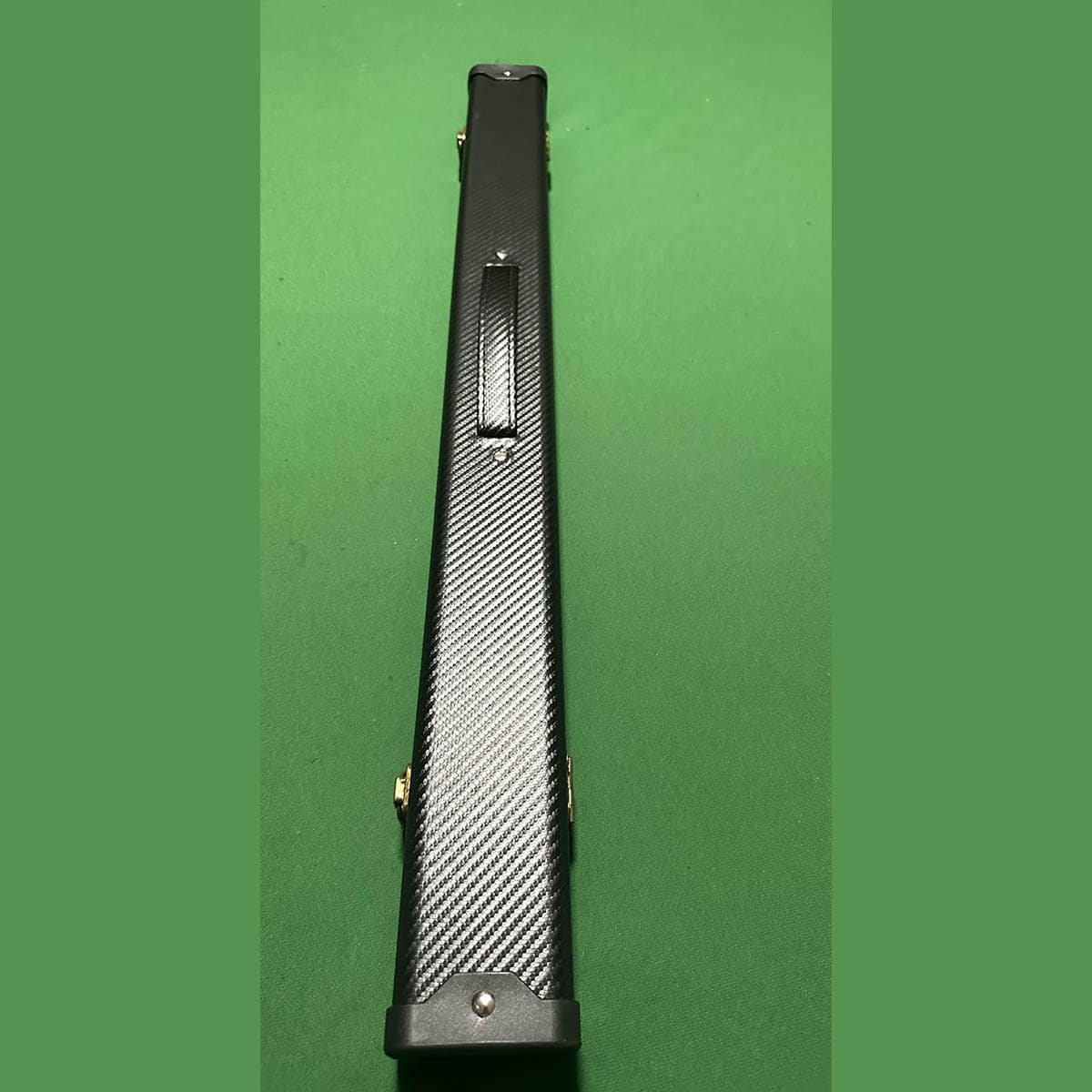Best Pool Cue For The Money: The Ultimate Guide To Elevate Your Game
So listen up, folks. You're here because you're hunting for the best pool cue for the money, right? Let's face it, buying a pool cue ain't just about slapping down some cash and hoping for the best. It's an investment in your game, your skills, and your overall pool-playing experience. But with so many options out there, it can get real overwhelming. Stick around, and I'll break it down for ya, no fluff, just straight-up advice to help you make the right call. Now, let's dive in.
Choosing the right pool cue is kinda like picking the perfect pair of shoes. It needs to fit your style, feel just right, and perform when it matters most. Whether you're a beginner, intermediate, or a seasoned pro, finding the best pool cue for the money is crucial. And trust me, it's not just about the price tag. It's about value, durability, and how well it enhances your game.
But before we jump into the nitty-gritty, let's talk about why this matters. A good pool cue isn't just a stick—it's your weapon on the table. It can make or break your shots, your confidence, and ultimately, your wins. So stick around, and I'll guide you through everything you need to know to make the smartest choice possible.
Here's a quick rundown of what we'll cover:
- The Basics of Pool Cues
- Choosing the Right Pool Cue
- Top Pool Cue Brands
- Budget-Friendly Options
- Key Features to Look For
- Maintenance Tips for Your Cue
- What Players Are Saying
- Comparison Chart
- Common Mistakes to Avoid
- Final Thoughts
The Basics of Pool Cues
Alright, let's start with the fundamentals. A pool cue is more than just a piece of wood or fiberglass. It's a finely crafted tool designed to deliver precision and power. Now, when we're talking about the best pool cue for the money, we're really talking about balance, weight, and material. These factors play a huge role in how well your cue performs.
Understanding the Components
Every pool cue has three main parts: the shaft, the joint, and the butt. The shaft is where you strike the ball, the joint connects the shaft to the butt, and the butt is where you grip the cue. Each part is crucial, and they all need to work together seamlessly. Think of it like a car engine—every piece matters.
- Unveiling Linda Kozlowskis Age How Old Is The Crocodile Dundee Star
- How To Safely Navigate And Download Sexy Films A Comprehensive Guide
Now, materials matter big time. High-end cues are often made from maple or ash wood, while budget-friendly ones might use fiberglass or graphite. But don't let the price fool ya. Some mid-range cues can outperform expensive ones if they're well-made and suited to your playing style.
Choosing the Right Pool Cue
So how do you pick the best pool cue for the money? It all comes down to knowing what you need. Are you a beginner who just wants something reliable and affordable? Or are you a serious player looking for top-tier performance? Let's break it down.
Factors to Consider
- Weight: Most cues range from 18 to 21 ounces. Find what feels right for you.
- Balance Point: A well-balanced cue helps with accuracy and control.
- Shaft Tip: Look for a cue with a high-quality leather tip for consistent shots.
- Construction: Solid joints and durable materials ensure longevity.
Remember, the best pool cue for the money isn't always the cheapest or the most expensive. It's the one that suits your needs and fits your budget.
Top Pool Cue Brands
When it comes to the best pool cue for the money, certain brands stand out. These companies have built a reputation for quality, performance, and value. Let's take a look at some of the top contenders.
1. Predator
Predator is a household name in the pool world. Known for their innovative designs and cutting-edge technology, Predator cues offer unmatched performance. Their low-deflection shafts are a game-changer for serious players.
2. McDermott
McDermott is another powerhouse in the industry. Their cues are crafted with precision and style, making them a favorite among pros and amateurs alike. If you're looking for a cue that combines performance and aesthetics, McDermott is worth considering.
Budget-Friendly Options
Not everyone has the cash to drop on a high-end cue, and that's totally fine. There are plenty of great options that won't break the bank. Brands like Cue & Case and Action offer solid, reliable cues at affordable prices. These cues might not have all the bells and whistles, but they get the job done.
Why Budget Matters
Here's the deal: you don't need to spend a fortune to get a good cue. Look for cues with decent materials, solid construction, and a comfortable grip. These are the basics that make a cue playable and enjoyable to use.
Key Features to Look For
When shopping for the best pool cue for the money, keep an eye out for these key features:
- Shaft Material: Maple is a popular choice for its consistency and control.
- Joint Type: Stainless steel or brass joints are durable and long-lasting.
- Grip: A comfortable grip is essential for reducing hand fatigue during long sessions.
- Tip Quality: A good leather tip ensures better contact with the cue ball.
These features might seem small, but they add up to a big difference in performance. Don't skimp on quality when it matters most.
Maintenance Tips for Your Cue
Once you've invested in the best pool cue for the money, you want to keep it in top condition. Proper maintenance is key to extending the life of your cue and ensuring it performs at its best.
Top Maintenance Tips
- Chalk Your Tip Regularly: This improves grip and reduces miscues.
- Store It Properly: Use a cue rack or case to protect it from damage.
- Clean the Shaft: Wipe it down after each use to remove oils and dirt.
- Check the Joint: Ensure it's tight and secure before each game.
A well-maintained cue will serve you well for years to come. Neglect it, and you'll be shopping for a new one sooner than you think.
What Players Are Saying
Real-world feedback from players can be invaluable when choosing the best pool cue for the money. Reviews and testimonials give you insight into how a cue performs under different conditions. Here's what some players have to say:
"I've been using a Predator cue for a year now, and it's been a game-changer. The low-deflection shaft is a lifesaver for tricky shots." – John D.
"McDermott cues are beautiful and functional. I love the way mine feels in my hand, and it's helped improve my accuracy." – Sarah L.
These reviews highlight the importance of finding a cue that not only performs well but also feels right for you.
Comparison Chart
To help you compare your options, here's a quick chart of some of the best pool cues for the money:
| Brand | Model | Price Range | Key Features |
|---|---|---|---|
| Predator | Ionic | $200-$400 | Low-deflection shaft, leather tip |
| McDermott | G55 | $300-$500 | Custom inlays, stainless steel joint |
| Cue & Case | CC-800 | $50-$100 | Affordable, durable |
Common Mistakes to Avoid
Before you finalize your choice, here are a few common mistakes to watch out for:
- Ignoring Weight: Don't just grab the first cue you see. Test different weights to find what feels right.
- Overlooking Shaft Quality: A poor-quality shaft can affect your shots, so don't skimp here.
- Skipping Maintenance: Neglecting your cue will lead to poor performance and potential damage.
Avoid these pitfalls, and you'll be well on your way to finding the best pool cue for the money.
Final Thoughts
In conclusion, finding the best pool cue for the money is all about balance. You want a cue that performs well, feels good in your hands, and fits within your budget. Whether you go with a high-end Predator or a budget-friendly Cue & Case, the key is to find what works for you.
So, take your time, do your research, and don't be afraid to ask questions. And once you've found the perfect cue, treat it right and it'll serve you well. Now, go out there and dominate the pool table!
Got any questions or thoughts? Drop a comment below or share this article with your fellow pool enthusiasts. And hey, if you're looking for more tips and tricks, stick around—we've got plenty more where this came from.
Article Recommendations
- Khatrimaza Plus The Ultimate Destination For Movie Buffs
- Unveiling Michael C Hall From Dexter To Beyond The Ultimate Deep Dive



Detail Author:
- Name : Justina Stracke I
- Username : adeline.mosciski
- Email : jquitzon@brakus.com
- Birthdate : 2007-02-18
- Address : 9918 Balistreri Knolls Apt. 131 Nicholausberg, NM 83233
- Phone : (806) 967-6918
- Company : Pouros, Daugherty and Hayes
- Job : Poet OR Lyricist
- Bio : Reprehenderit sit tempora consequatur maiores. Autem similique rerum impedit libero impedit magni veritatis qui. Accusantium provident ut inventore quae.
Socials
facebook:
- url : https://facebook.com/mfarrell
- username : mfarrell
- bio : Asperiores iste molestiae asperiores facilis molestias adipisci.
- followers : 1942
- following : 1746
twitter:
- url : https://twitter.com/farrellm
- username : farrellm
- bio : Et ex enim voluptatem autem aut. Dolorem iure ipsa et sit aliquam aspernatur labore. Nam eaque nemo sunt et voluptas nulla et est.
- followers : 5618
- following : 1290
tiktok:
- url : https://tiktok.com/@marlene.farrell
- username : marlene.farrell
- bio : Architecto laboriosam cumque magnam eos. Et omnis ullam et fugit eius.
- followers : 4411
- following : 151